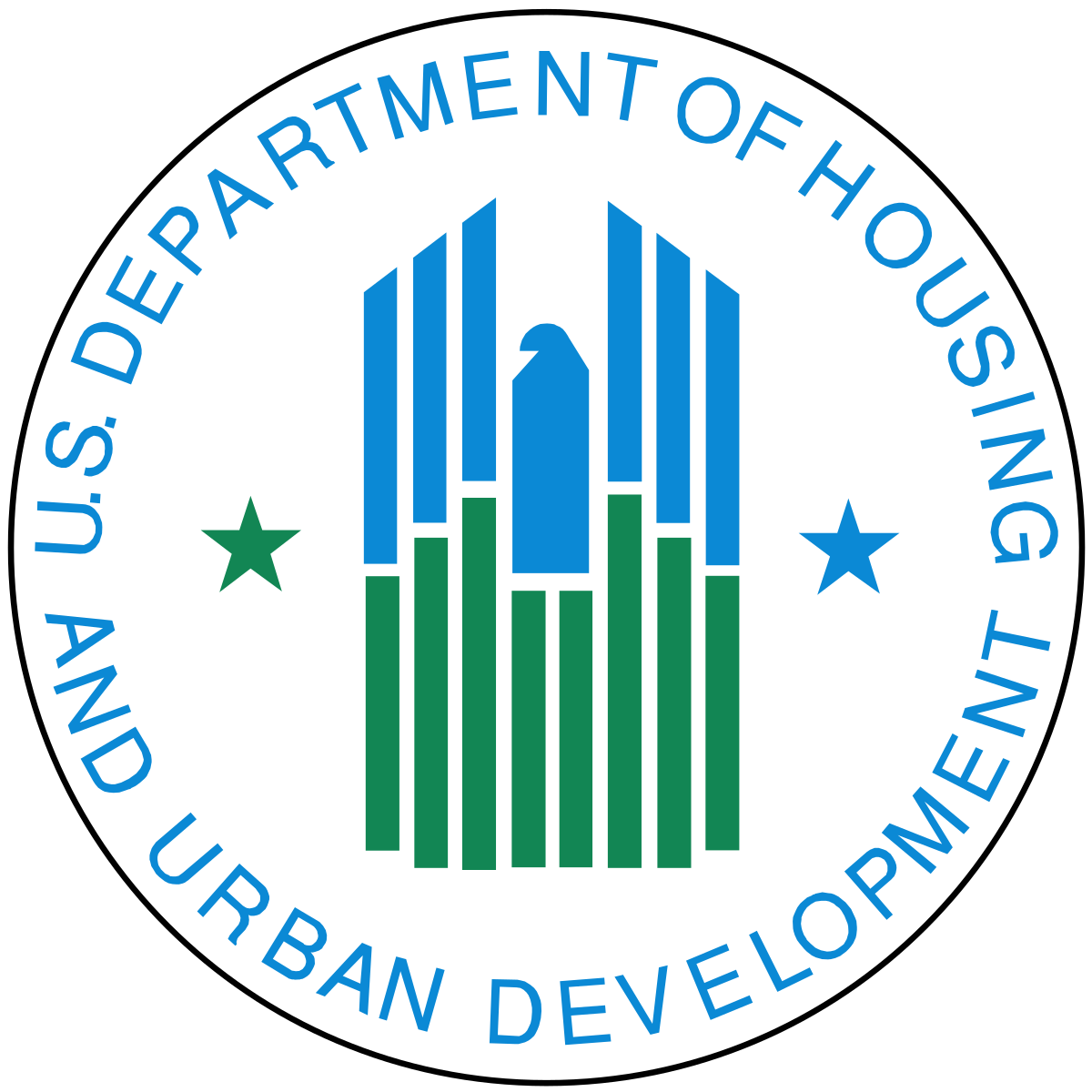Key Takeaways
- Unreliable Transportation Jeopardizes Resident Care: Frequent delays, no-shows, and unsafe vehicles provided by HMOs disrupt access to medical services and place SNF residents at risk, while shifting costs to facilities.
- Minimum Standards and Penalties Are Essential: Implementing safety, maintenance, and performance benchmarks—such as on-time service rates and ADA-compliant vehicles—will hold HMOs accountable and ensure reliable transportation for residents.
- Transparent Oversight and Alternatives Protect Residents: Requiring HMOs to report performance metrics and allowing residents to choose alternative transportation options when standards fall short ensures better accountability and care continuity.
- Policy Reforms Prioritize Safety and Equity: Enforcing compliance mechanisms and financial penalties for service failures will safeguard the dignity of SNF residents while reducing undue financial burdens on facilities.
Introduction
Transportation is a critical component of care for residents in skilled nursing facilities (SNFs). Reliable and safe transportation ensures access to medical appointments, therapy sessions, and other essential services. However, current practices by Health Maintenance Organizations (HMOs) in managing transportation for SNF residents are inadequate. Providers are often left dealing with unreliable, unsafe, or non-existent transportation services. This policy brief proposes specific reforms to ensure HMOs uphold their obligations while protecting the safety and dignity of SNF residents.
The Problem
1. Unreliable Transportation Services:
HMOs often fail to deliver timely transportation services, with residents experiencing frequent delays or complete no-shows.
2. Substandard Vehicles:
Many HMO-affiliated transportation providers use unsafe, outdated, or poorly maintained vehicles. Some are rusted, unlabeled, and fall below even the minimum safety standards expected for public or private rideshare services.
3. Shifting Costs to SNFs:
When transportation services fail, SNFs are forced to absorb the cost of arranging alternative transport, placing undue financial and operational burdens on facilities that are already under pressure to meet regulatory and care standards.
Policy Recommendations
To address these issues, we propose the following:
1. Minimum Standards for Transportation Services:
• HMOs must ensure vehicles meet or exceed safety and maintenance standards equivalent to rideshare platforms (e.g., Uber, Lyft).
• Vehicles must be clearly labeled and adhere to ADA requirements for accessibility.
2. Performance Benchmarks for Reimbursement:
• HMOs should only receive transportation reimbursements if they meet a 90%+ on-time performance rate.
• Late or failed pickups must trigger financial penalties or reimbursement adjustments to reflect the actual service level.
3. Enforcement Mechanisms:
• Regulatory agencies should perform periodic audits of HMO transportation services to ensure compliance with safety and reliability standards.
• Transparent reporting requirements should mandate HMOs disclose transportation performance metrics, including on-time rates and vehicle inspection records.
4. Resident-Centric Alternatives:
• Residents should have the option to select alternative transportation providers in cases where HMO services fall below standards, with HMOs reimbursing the associated costs directly to SNFs or residents.
Policy Justification
• Safety and Dignity: SNF residents are among the most vulnerable populations and deserve transportation services that meet basic safety and reliability standards.
• Accountability: HMOs must be held accountable for their contractual obligations to provide transportation, not just collect reimbursement.
• Cost Efficiency: Shifting the burden of transportation failures to SNFs is unsustainable and diverts resources from direct resident care. Establishing accountability ensures funds are used effectively.
Conclusion
The current state of HMO-provided transportation for SNF residents is unacceptable and jeopardizes resident safety, care continuity, and facility operations. By implementing enforceable performance standards and shifting financial accountability for failed services, we can protect SNFs and their residents while promoting accountability among HMOs.
What the Aging Services Institute Advocates For
At the Aging Services Institute, we advocate for reforms that prioritize the safety, dignity, and quality of care for residents in skilled nursing facilities. Our mission is to develop and promote policies that empower providers and elevate the standards of care for aging populations.



